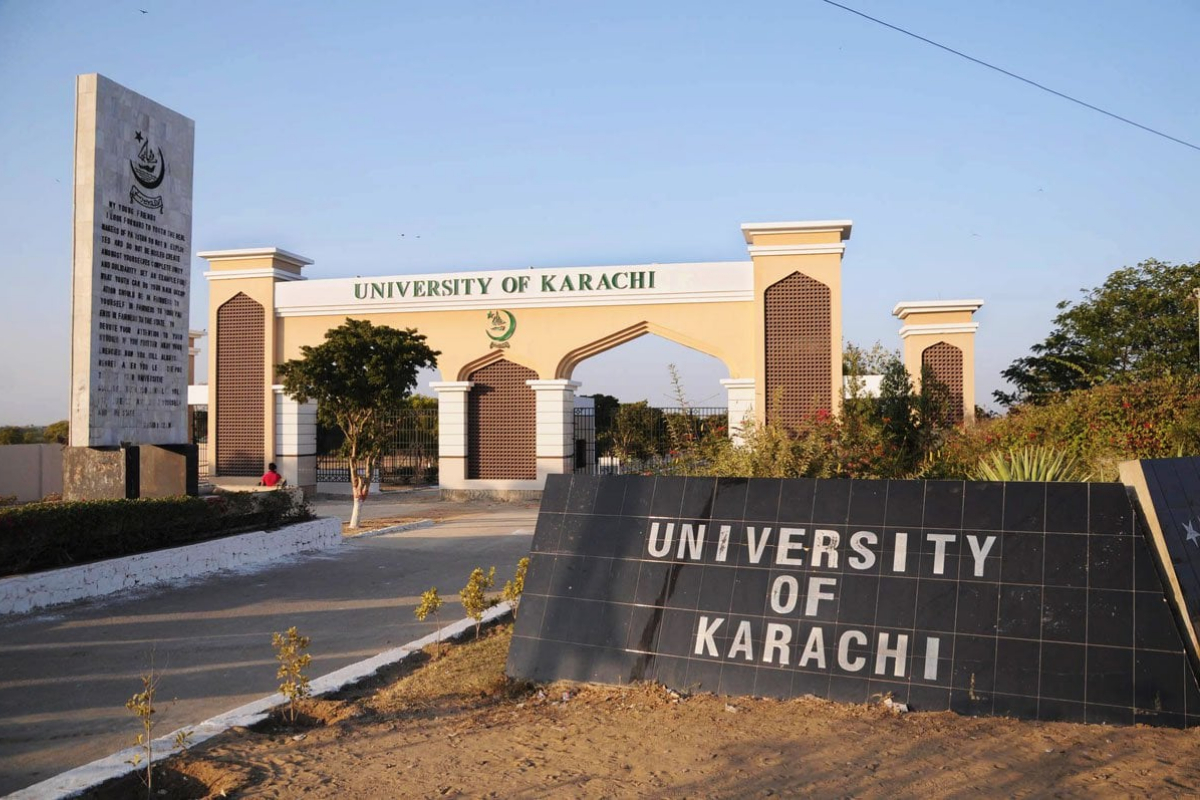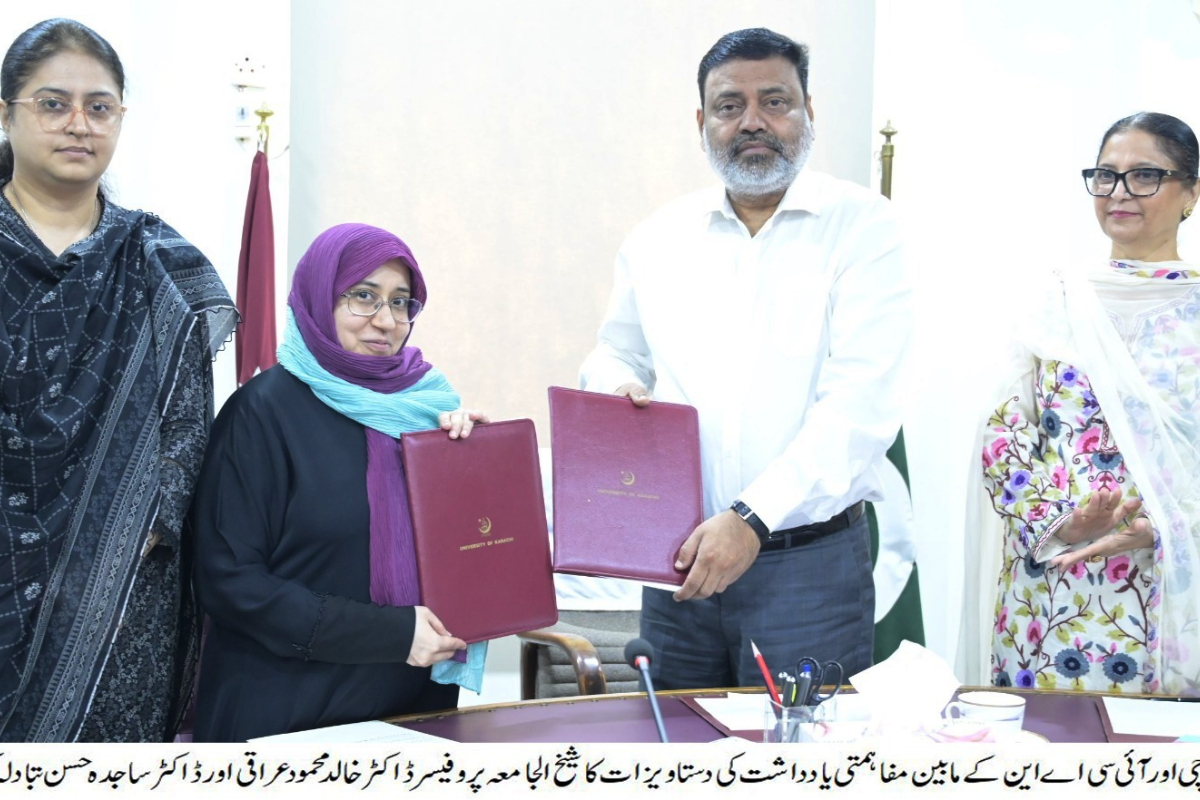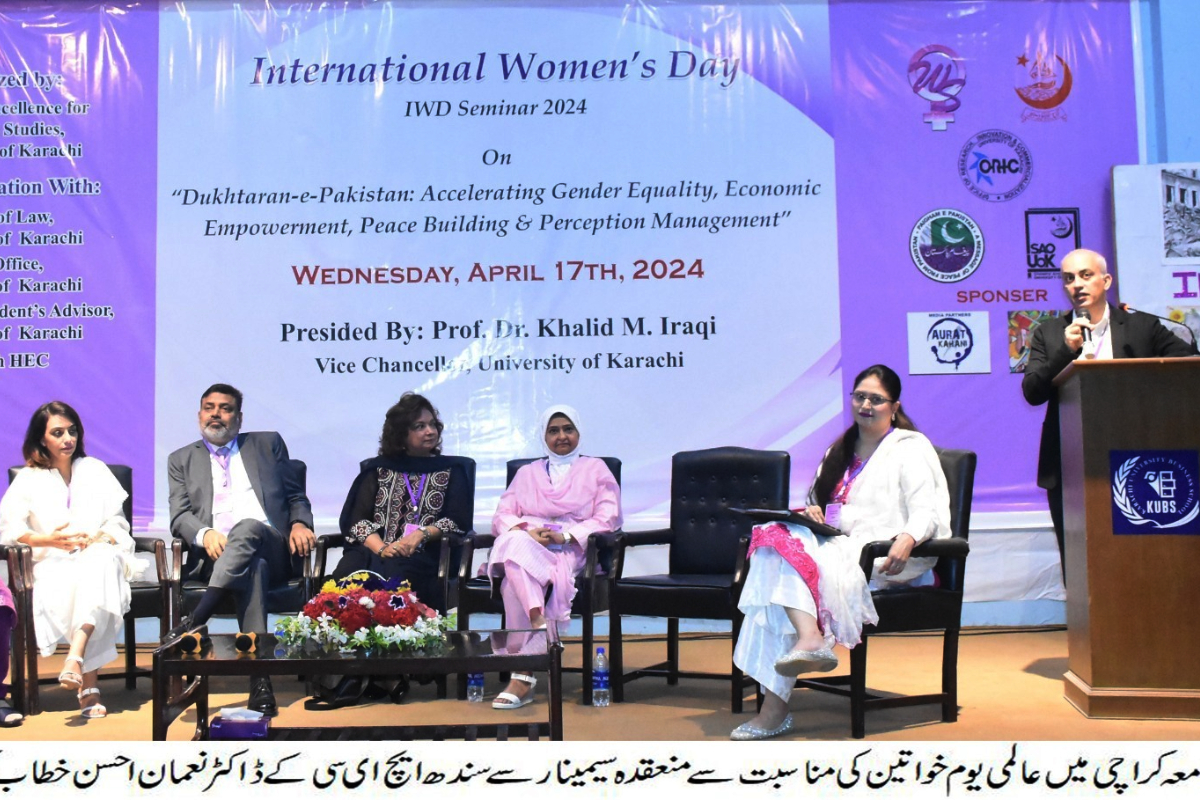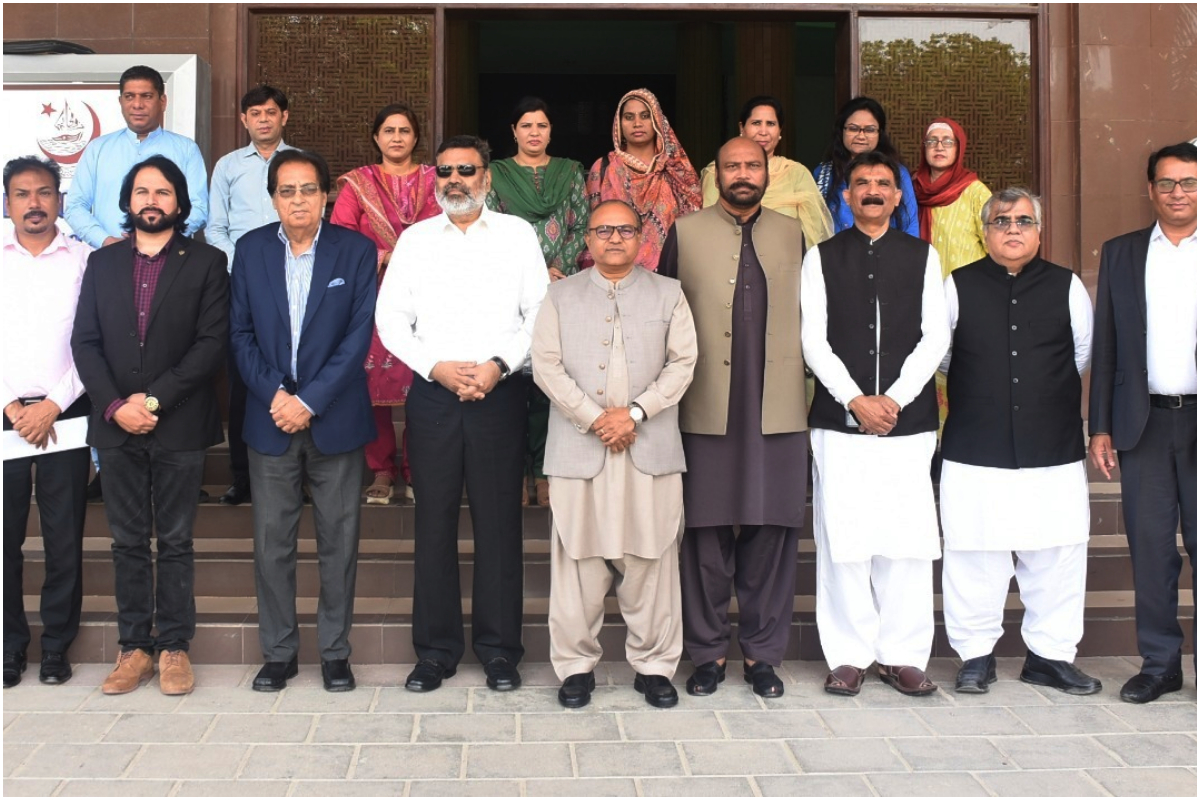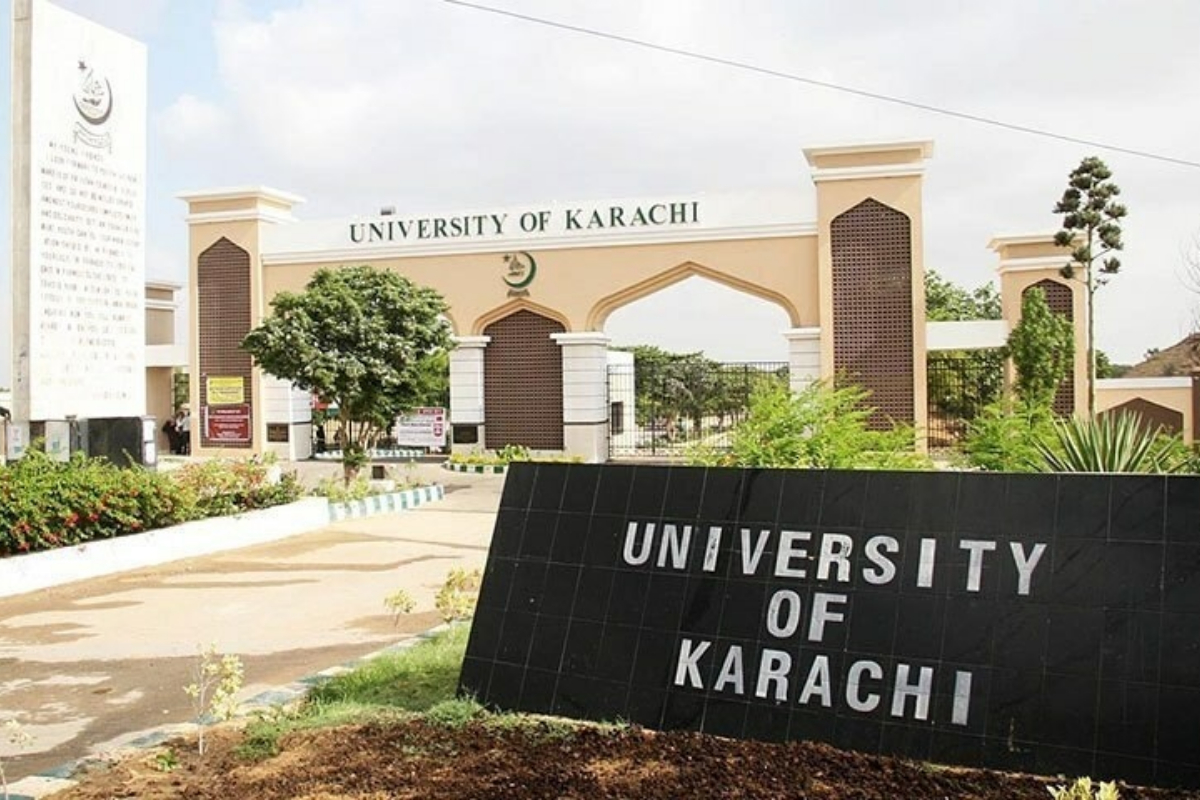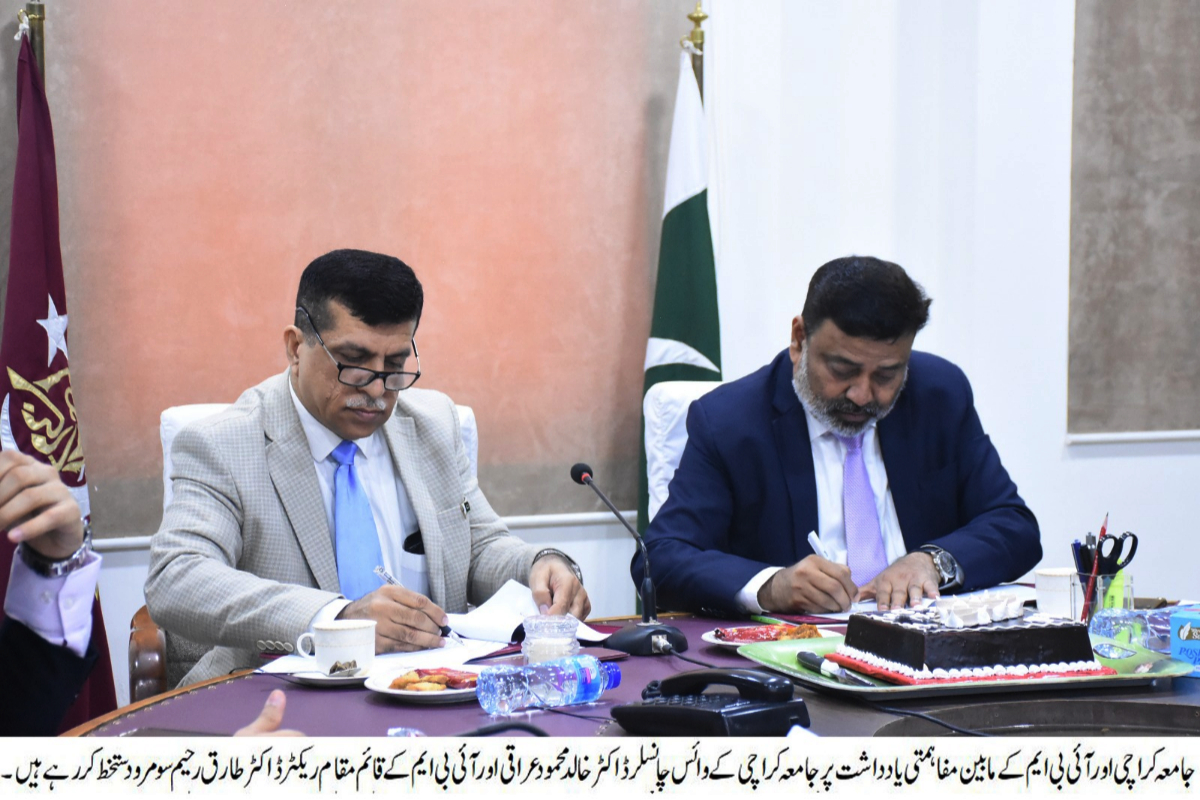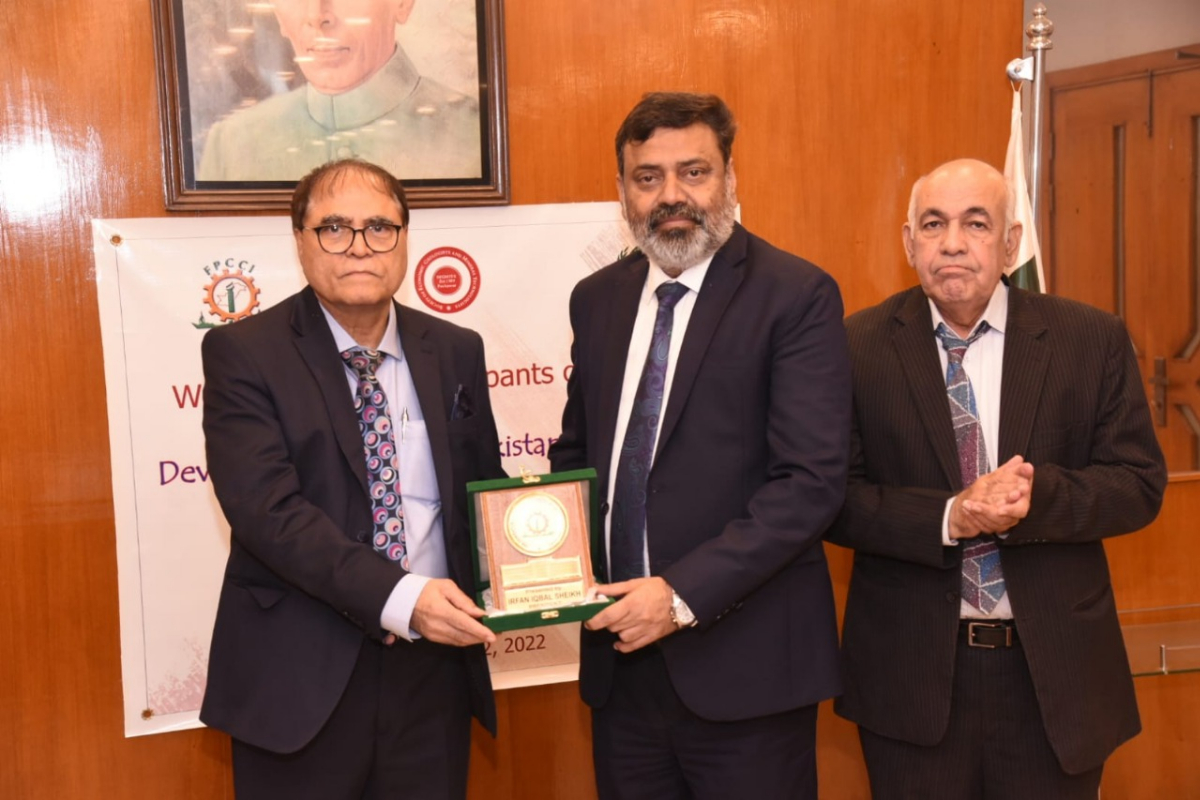KARACHI: The University of Karachi and an alumni association of the university, Unikarians International, arranged a special ceremony to appreciate teachers’ role in developing society.
The event was organized in connection with World Teachers’ Day.
The KU Vice Chancellor Prof Dr Khalid Mahmood Iraqi mentioned that a teacher is the architect of any nation or society. Any society that does not respect teachers can never grow and it is not capable of facing challenges.
He said that a teacher is a role model for his students, as he/she teaches his/her thoughts in the minds of students which guides them throughout life. The role of teachers in the development of nations cannot be ignored.
The KU VC Prof Dr Khalid Iraqi shared that students give more respect to teachers who, besides teaching, help them learn about different aspects of life and the norms and values of society.
He expressed that unfortunately, today’s teachers do not have enough time to build the character of their students and also not guiding them about their future. He observed that a society respects you when you contribute to the welfare of a society. There is also a lack of home-based training in respect of teachers in the present age.
The KU VC Prof Dr Khalid Iraqi added that teachers spend their lives for moral and spiritual reform and prosperity. Teaching is not just a job but a sacred profession and a responsibility and should be performed with accountability.
On this occasion, Unikarians International President Professor Ejaz Ahmed Faruqi said that it is our responsibility to appreciate the hard work and dedication of our teachers, both parents and teachers are happy to see their child’s growth and progress more than their own. “We have seen a lot of changes in our daily lives but no one has been able to change the position of the teacher to date.”
He said that teachers make the personality of students and universities are recognized not only by the buildings but by its teachers.
[embedpost slug=”model-statutes-must-be-implemented-at-all-ku-centers”]

